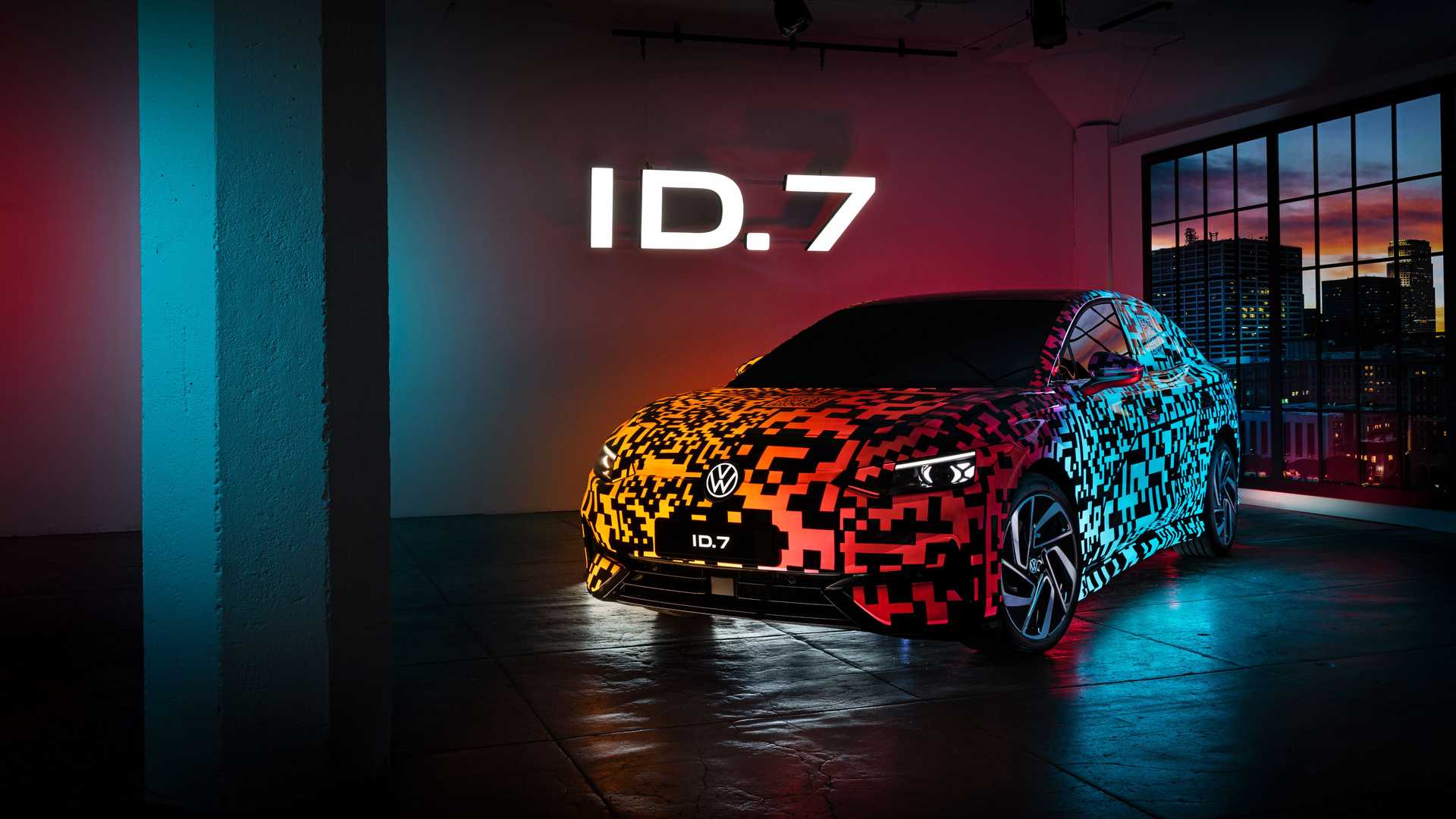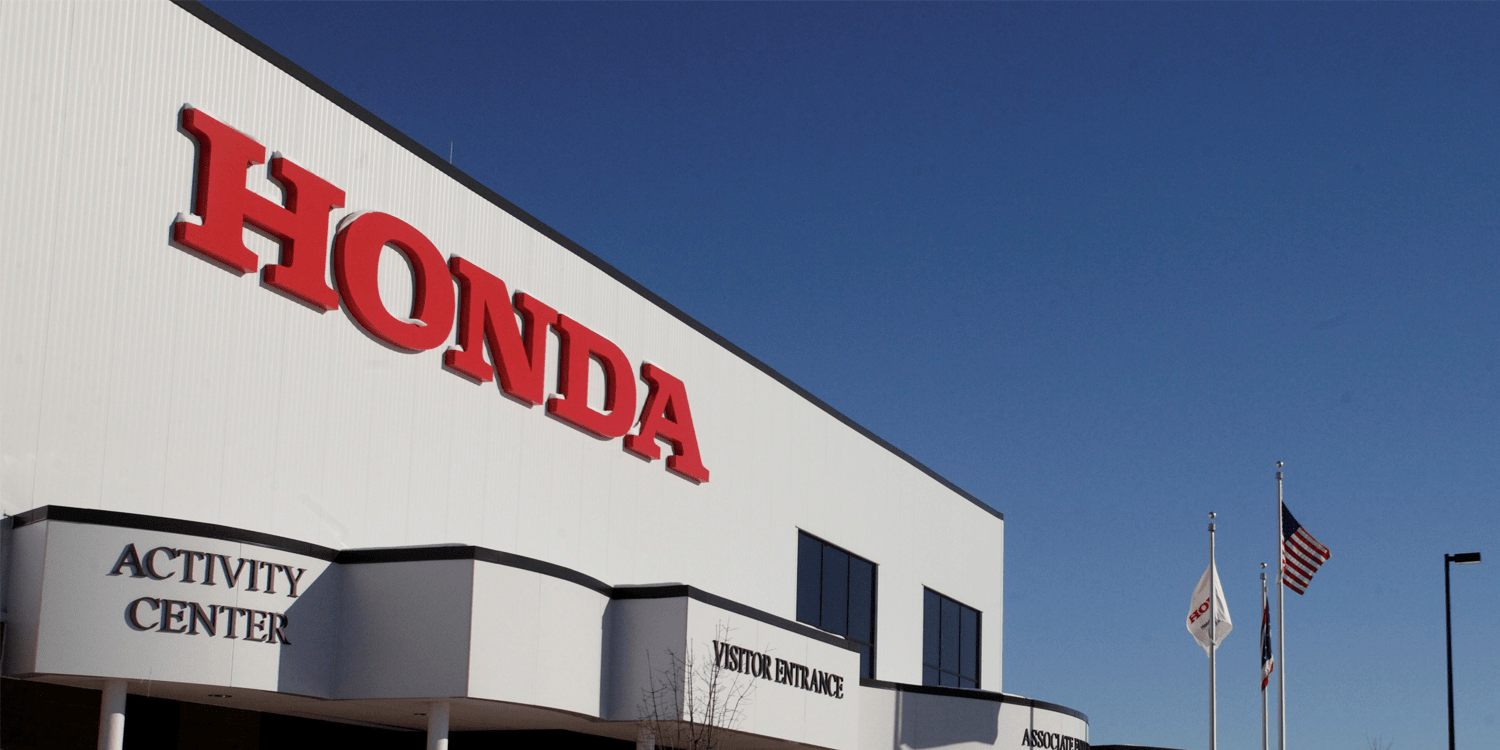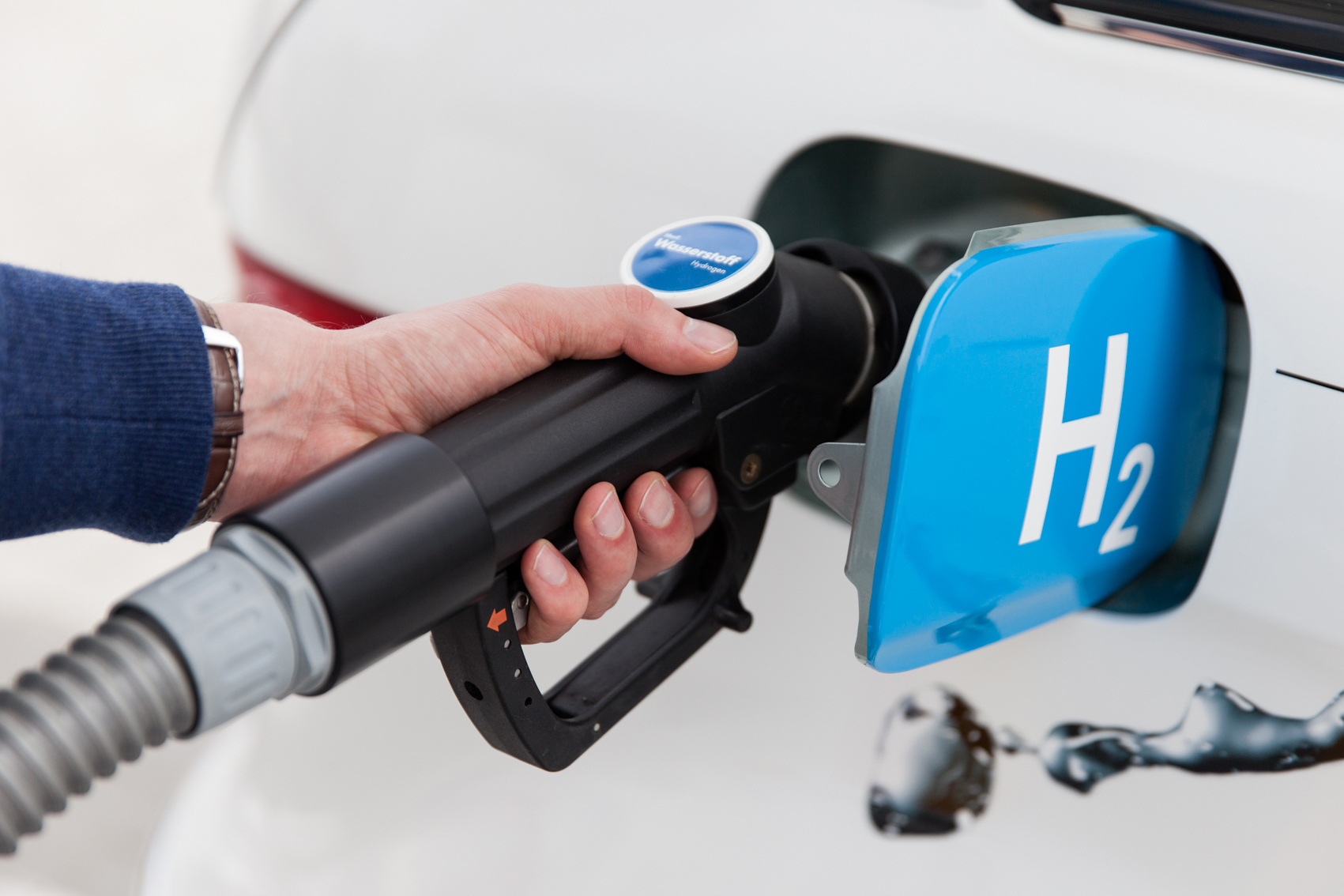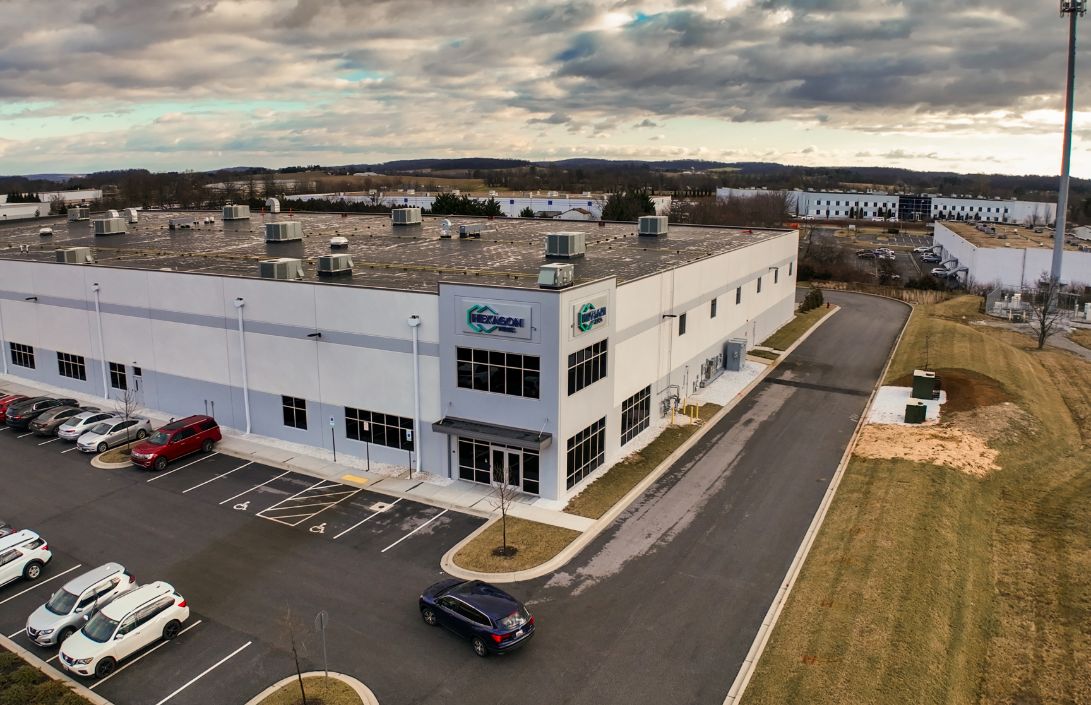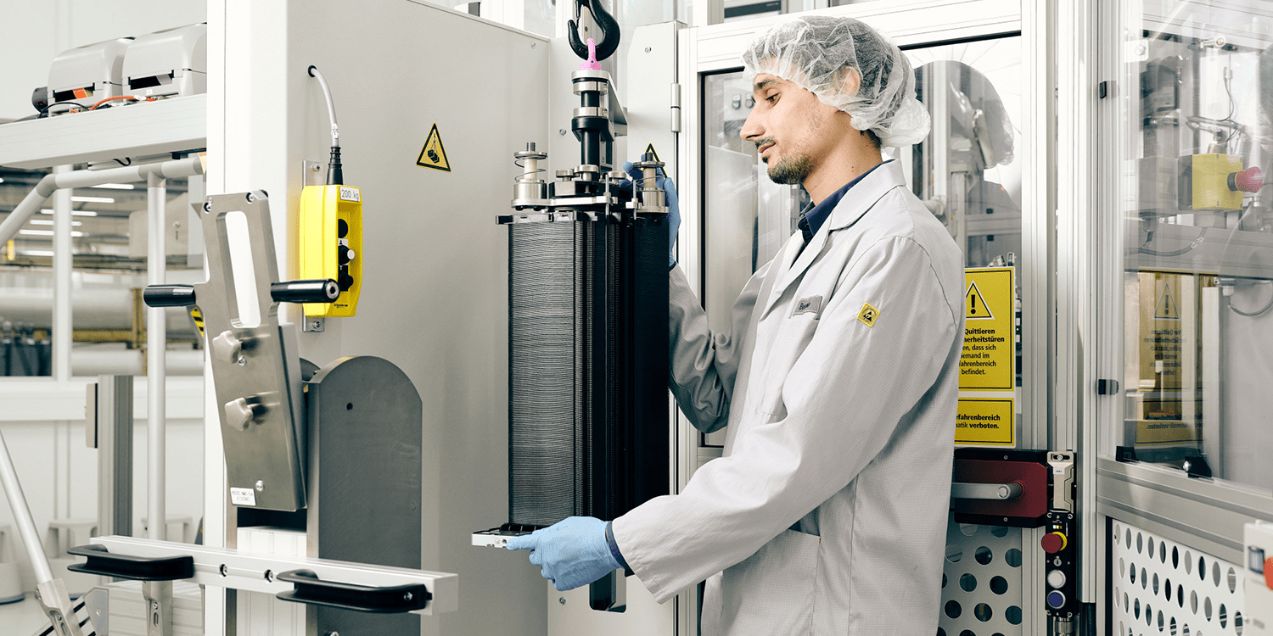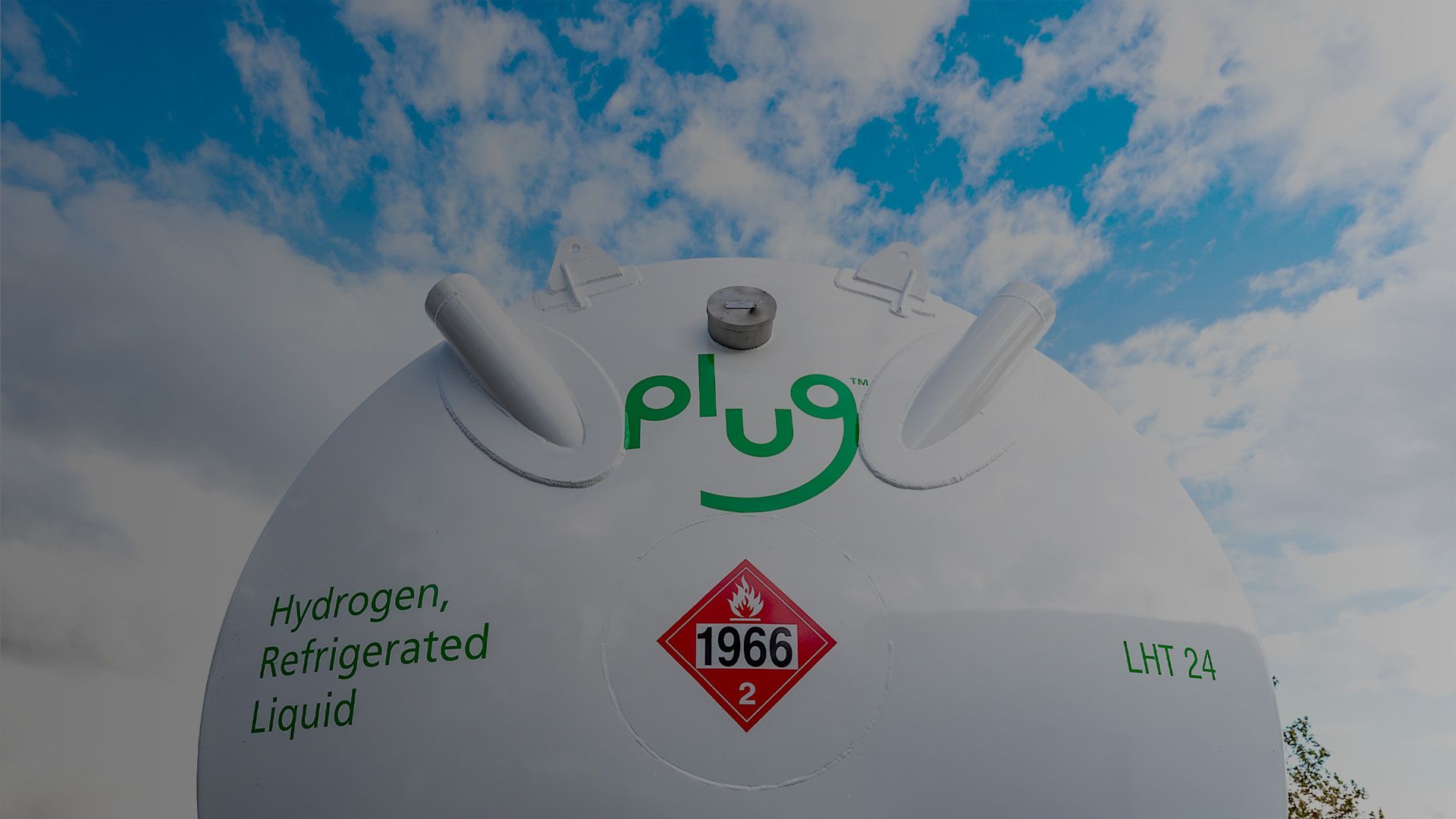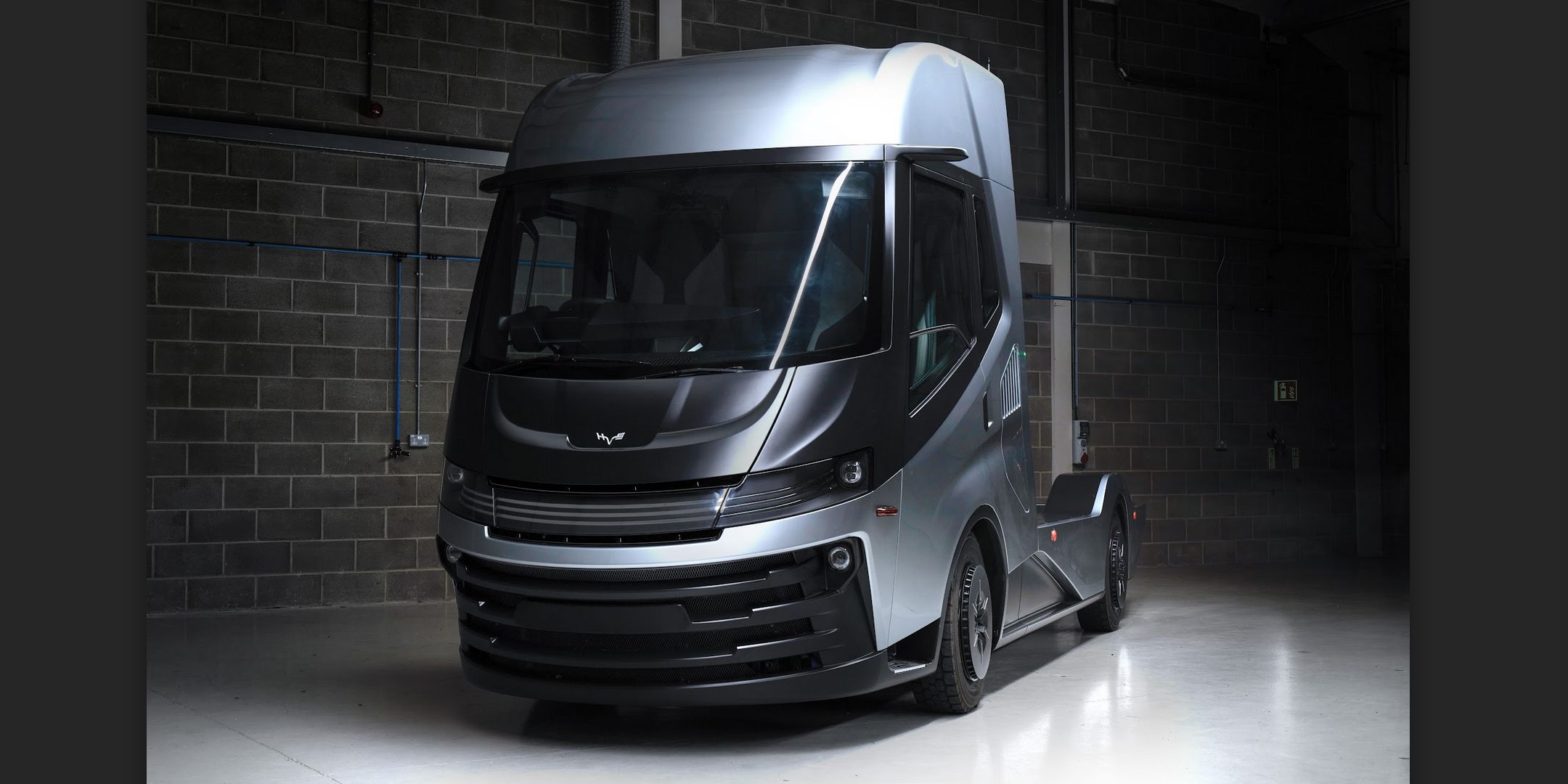Volkswagen will not be producing hydrogen-powered passenger cars in the next decade. Instead, the company will focus its efforts on further developing electric vehicle (EV) technology. The statements come from the brand’s CEO, Thomas Schafer, who spoke to the Spanish division of AutoBild at the 2023 Consumer Electronics Show in Las Vegas.
Schafer stated that hydrogen technology has significant disadvantages compared to battery technology and is not suitable for passenger cars. He added that commercial vehicles may be a possibility for hydrogen use, but not for passenger vehicles.
See also: Honda plans to produce hydrogen-powered electric cars in the United States by 2024
“It’s not competitive, especially not for passenger cars, the tanks take up space in the cabin. Maybe for commercial vehicles, but not in the passenger car. So, I don’t see this happening in this decade. Not at Volkswagen,” Schafer told AudiBild Spain.
This decision comes as the demand for EVs continues to rise, with global sales of EVs increasing in 2022. However, the sales of hydrogen fuel cell cars have been struggling in the United States, with only 2,707 units sold in 2022, compared to 20,000 units of Volkswagen’s ID.4 EV sold in the US.
See also: Hydrogen cars can compete with battery electric vehicles, BMW CEO says
In stark contrast to the German brand CEO’s statements, several well-known automakers such as Honda, Toyota, Hyundai, and BMW believe in the potential of hydrogen and have made significant investments in the technology.
These companies offer hydrogen vehicles like the Honda Clarity Fuel Cell, Hyundai Nexo Fuel Cell, BMW’s fuel cell X5 prototypes, and Toyota’s Mirai and the recently unveiled Corolla Cross H2 Concept.

